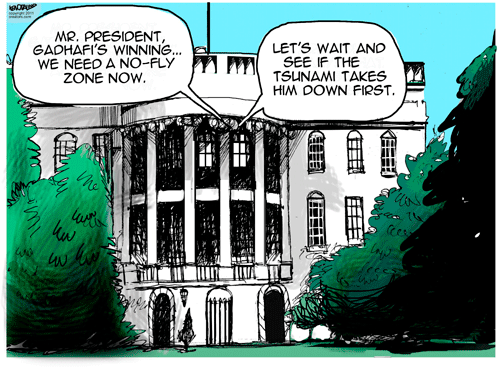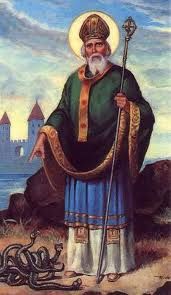This is your morning Open Thread. Pour your favorite beverage and review the past and comment on the future.
Find the past “On This Day in History” here.
March 21 is the 80th day of the year (81st in leap years) in the Gregorian calendar. There are 285 days remaining until the end of the year.
March 21st is the common date of the March equinox (although astronomically the equinox is more likely to fall on March 20 in all but the most easterly longitudes). In astrology, the day of the equinox is the first full day of the sign of Aries. It is also the traditional first day of the astrological year.
On this day in 1804, the Napoleonic Code approved in France.
After four years of debate and planning, French Emperor Napoleon Bonaparte enacts a new legal framework for France, known as the “Napoleonic Code.” The civil code gave post-revolutionary France its first coherent set of laws concerning property, colonial affairs, the family, and individual rights.
In 1800, General Napoleon Bonaparte, as the new dictator of France, began the arduous task of revising France’s outdated and muddled legal system. He established a special commission, led by J.J. Cambaceres, which met more than 80 times to discuss the revolutionary legal revisions, and Napoleon presided over nearly half of these sessions. In March 1804, the Napoleonic Code was finally approved.
The Napoleonic Code, or Code Napoléon (originally, the Code civil des Français), is the French civil code, established under Napoléon I in 1804. The code forbade privileges based on birth, allowed freedom of religion, and specified that government jobs go to the most qualified. It was drafted rapidly by a commission of four eminent jurists and entered into force on March 21, 1804. The Napoleonic Code was not the first legal code to be established in a European country with a civil legal system, it was preceded by the Codex Maximilianeus bavaricus civilis (Bavaria, 1756), the Allgemeines Landrecht (Prussia, 1794) and the West Galician Code, (Galicia, then part of Austria, 1797). It was, however, the first modern legal code to be adopted with a pan-European scope and it strongly influenced the law of many of the countries formed during and after the Napoleonic Wars. The Code, with its stress on clearly written and accessible law, was a major step in replacing the previous patchwork of feudal laws. Historian Robert Holtman regards it as one of the few documents that have influenced the whole world.
The preliminary article of the Code established certain important provisions regarding the rule of law. Laws could be applied only if they had been duly promulgated, and only if they had been published officially (including provisions for publishing delays, given the means of communication available at the time); thus no secret laws were authorized. It prohibited ex post facto laws (i.e., laws that apply to events that occurred before them). The code also prohibited judges from refusing justice on grounds of insufficiency of the law-therefore encouraging them to interpret the law. On the other hand, it prohibited judges from passing general judgments of a legislative value (see above).
With regard to family, the Code established the supremacy of the husband with respect to the wife and children; this was the general legal situation in Europe at the time. It did, however, allow divorce on liberal basis compared to other European countries, including divorce by mutual consent.

 On this day in 1854,
On this day in 1854, 
 On this day in 1941, the 99th Pursuit Squadron also known as the
On this day in 1941, the 99th Pursuit Squadron also known as the  On this day in 1766, the
On this day in 1766, the  The news is just flying off the “wires” and through the “tubes”. So, in an Attempt to keep up with some really important developing events, a quick summery of the big stuff and some of the related details.
The news is just flying off the “wires” and through the “tubes”. So, in an Attempt to keep up with some really important developing events, a quick summery of the big stuff and some of the related details. On this day in 461,
On this day in 461,
Recent Comments